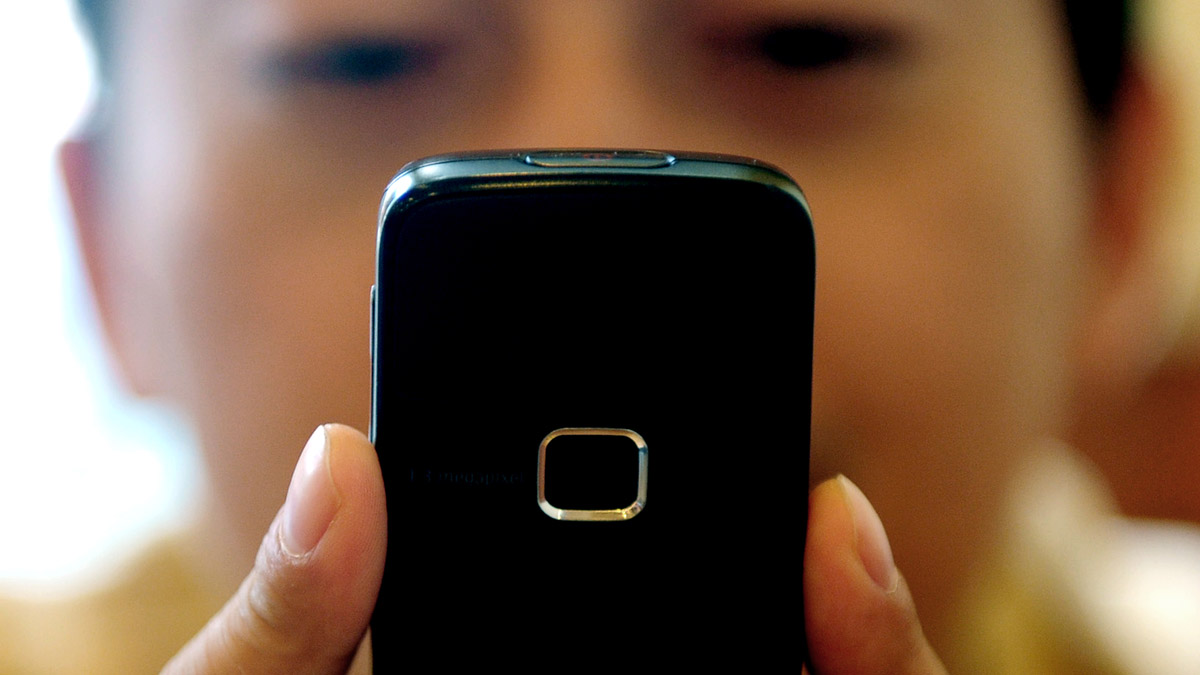Dating apps blamed for rise of HIV in Asia
Explosion of gay dating apps has expanded the options for casual spontaneous sex, says UN report

A free daily email with the biggest news stories of the day – and the best features from TheWeek.com
You are now subscribed
Your newsletter sign-up was successful
A United Nations report has cited the growing use of smartphone dating apps as a major factor in a new HIV epidemic among teenagers in Asia.
Many countries, including Thailand, Indonesia, Pakistan and the Philippines, are witnessing "growing HIV infection rates among the most vulnerable adolescent populations", said the report.
The number of young people aged between 10 and 19 estimated to be living with HIV in the region reached 220,000 in 2014.
The Week
Escape your echo chamber. Get the facts behind the news, plus analysis from multiple perspectives.

Sign up for The Week's Free Newsletters
From our morning news briefing to a weekly Good News Newsletter, get the best of The Week delivered directly to your inbox.
From our morning news briefing to a weekly Good News Newsletter, get the best of The Week delivered directly to your inbox.
"The explosion of smartphone gay dating apps has expanded the options for casual spontaneous sex as never before – mobile app users in the same vicinity (if not the same street) can locate each other and arrange an immediate sexual encounter with a few screen touches," it said.
However, the report suggested that popular apps in the region, such as Jack'd, Blued and Grindr, could also be educational. "Public health experts hope that such apps will become vital conduits promoting sexual health, including HIV messaging and testing," said the report.
For example, Chinese gay dating app Blued worked with UNAIDS and UNICEF to add a red ribbon to every user profile on World Aids Day last year linking to information about HIV and offering details of the user's nearest voluntary testing centre.
Grindr and Jack'd told The Guardian that they also took matters of sexual health seriously and have both used the app to provide health resources to their users.
A free daily email with the biggest news stories of the day – and the best features from TheWeek.com
Earlier this month, the British Association for Sexual Health and HIV said that dating apps were increasing rates of STIs.
"You are able to turn over partners more quickly with a dating app and the quicker you change partners the more likely you are to get infections," Dr Peter Greenhouse, from the association, told BBC's Newsbeat.
In England in 2014, there was a 33 per cent increase in syphilis, while gonorrhoea cases were up by 19 per cent.
However, Marie Cosnard, head of trends at the UK dating app Happn, believes apps are not to blame and are simply following wider social trends that have been unfolding for decades.
"There's a liberalisation of attitudes towards the number of partners, the status of relationships, towards marriage, divorce, etc," she said. "So the rise of any STI is not really connected to dating apps themselves. The problem is much wider."
-
 6 of the world’s most accessible destinations
6 of the world’s most accessible destinationsThe Week Recommends Experience all of Berlin, Singapore and Sydney
-
 How the FCC’s ‘equal time’ rule works
How the FCC’s ‘equal time’ rule worksIn the Spotlight The law is at the heart of the Colbert-CBS conflict
-
 What is the endgame in the DHS shutdown?
What is the endgame in the DHS shutdown?Today’s Big Question Democrats want to rein in ICE’s immigration crackdown
-
 Epstein files topple law CEO, roil UK government
Epstein files topple law CEO, roil UK governmentSpeed Read Peter Mandelson, Britain’s former ambassador to the US, is caught up in the scandal
-
 Iran and US prepare to meet after skirmishes
Iran and US prepare to meet after skirmishesSpeed Read The incident comes amid heightened tensions in the Middle East
-
 Israel retrieves final hostage’s body from Gaza
Israel retrieves final hostage’s body from GazaSpeed Read The 24-year-old police officer was killed during the initial Hamas attack
-
 China’s Xi targets top general in growing purge
China’s Xi targets top general in growing purgeSpeed Read Zhang Youxia is being investigated over ‘grave violations’ of the law
-
 Panama and Canada are negotiating over a crucial copper mine
Panama and Canada are negotiating over a crucial copper mineIn the Spotlight Panama is set to make a final decision on the mine this summer
-
 The app that checks if you are dead
The app that checks if you are deadIn The Spotlight Viral app cashing in on number of people living alone in China
-
 Why Greenland’s natural resources are nearly impossible to mine
Why Greenland’s natural resources are nearly impossible to mineThe Explainer The country’s natural landscape makes the task extremely difficult
-
 Iran cuts internet as protests escalate
Iran cuts internet as protests escalateSpeed Reada Government buildings across the country have been set on fire